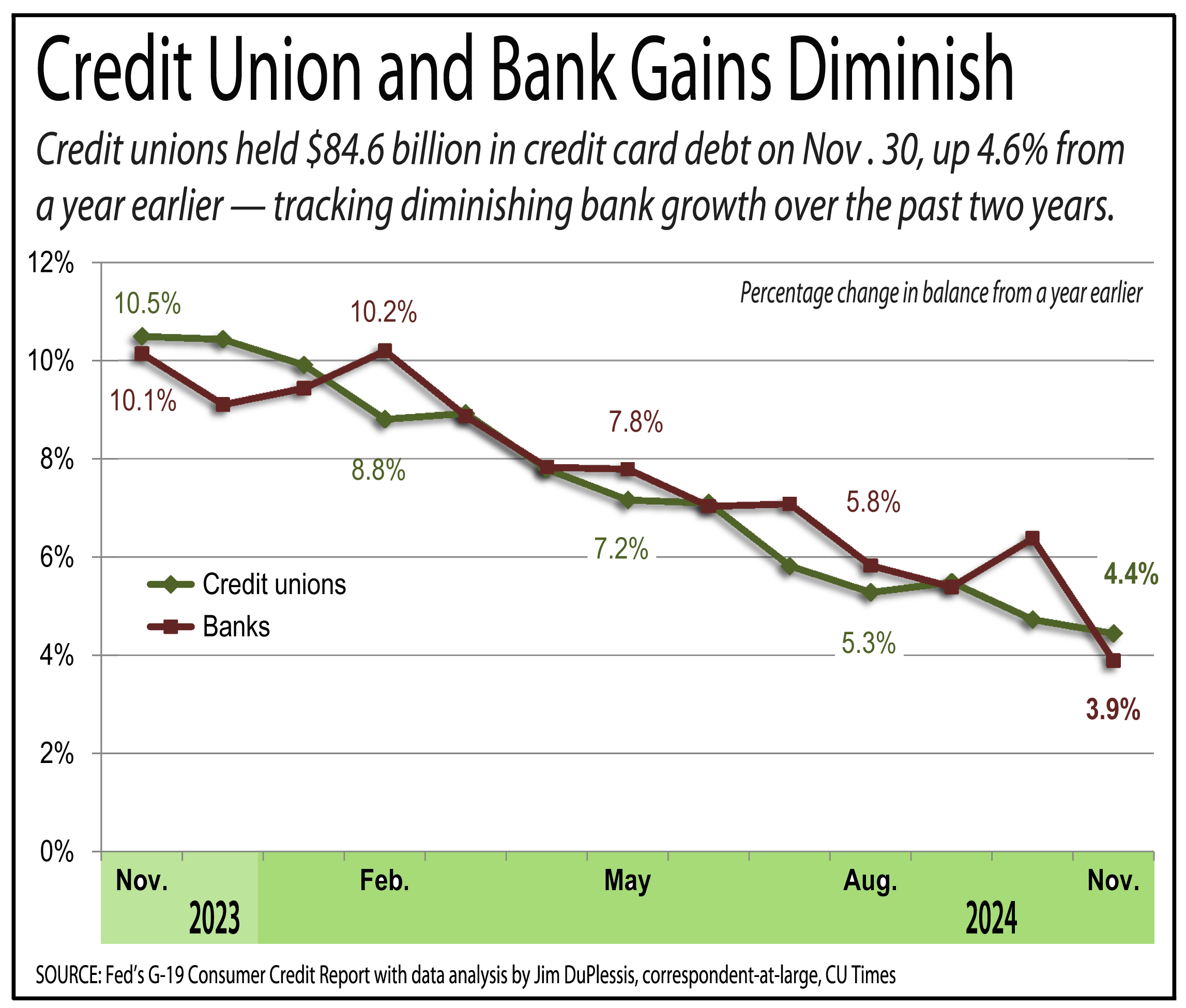ALEXANDRIA, Va.-After nearly two years of waiting, the U.S. District Court for the District of Columbia finally decided to dismiss a lawsuit brought by the National Community Reinvestment Coalition against NCUA regarding its interim final rule repealing the Community Action Plan. NCRC had alleged that NCUA was in violation of the Administrative Procedures Act when it issued its interim final rule Dec. 20, 2001, that repealed the CAP provision from the field of membership rule approved earlier that year. The Jan. 22, 2002 filing by NCRC argued that NCUA was required to provide public notice in the Federal Register prior to issuing a final rule and permit public comment prior to the rule's effective date. The NCUA Board approved the interim final rule with a final vote of 2-1 in favor of its repeal. At the same time a 60-day public comment period was approved. The court found that NCRC lacked standing because the information it claimed would help the group dispense accurate information to its constituents was confidential. Additionally, the judge found NCRC's argument moot since the comment period and final rule, which followed the interim final rule, demonstrated that the agency kept an open mind before promulgating the final rule. The CAP would have required credit unions applying for a community charter and existing community credit unions to explain in their business and marketing plans how they would serve the entire service area. That December NCUA Board meeting was the last for NCUA Board Members Yolanda Wheat and Geoff Bacino. The interim final rule was finalized April 24, 2002 with an effective date of May 24 after Vice Chair JoAnn Johnson and Board Member Deborah Matz were installed. The vote was 2-0-1, with Matz abstaining. Following the decision, Dollar stated that the ruling “clearly affirms that the agency exercised its authority in a reasonable manner and followed proper administrative procedures.” NCRC has decided not to appeal the case, according to NCRC Senior Vice President of Policy and Director of Civil Rights David Berenbaum. However, he promised to bring the issue to Capitol Hill, including with Senate Banking Committee Ranking Member Paul Sarbanes, who requested a recent General Accounting Office study on credit unions, including their service to those of modest means. The credit union trade associations supported NCUA's decision, as well as the court's. In August 2003, the court denied a motion from CUNA and NAFCU to file an amicus curiae brief in the case because the two could not provide any additional, unique information to the court. [email protected]
Complete your profile to continue reading and get FREE access to CUTimes.com, part of your ALM digital membership.
Your access to unlimited CUTimes.com content isn’t changing.
Once you are an ALM digital member, you’ll receive:
- Breaking credit union news and analysis, on-site and via our newsletters and custom alerts
- Weekly Shared Accounts podcast featuring exclusive interviews with industry leaders
- Educational webcasts, white papers, and ebooks from industry thought leaders
- Critical coverage of the commercial real estate and financial advisory markets on our other ALM sites, GlobeSt.com and ThinkAdvisor.com
Already have an account? Sign In Now
© 2025 ALM Global, LLC, All Rights Reserved. Request academic re-use from www.copyright.com. All other uses, submit a request to [email protected]. For more information visit Asset & Logo Licensing.









